Public Outcry Leads to Withdrawal of Indonesia’s Pro-Dynasty Law
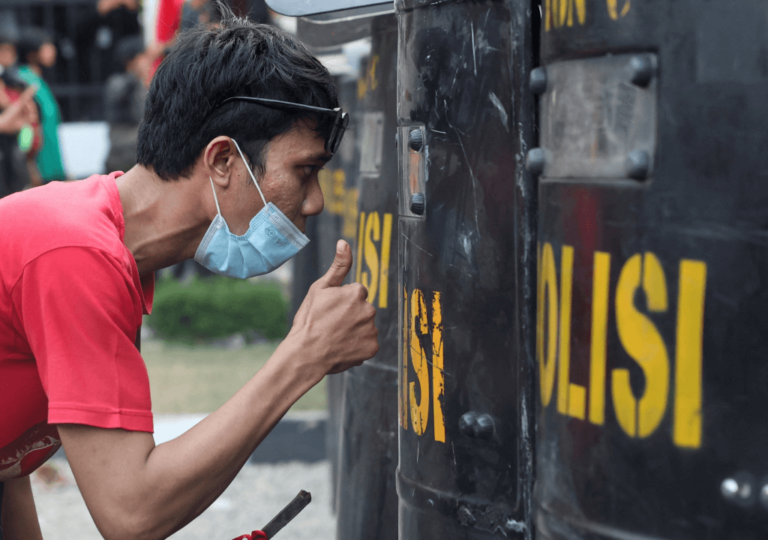
Massive protests erupted in Indonesia against political dynasties, prompting lawmakers to postpone controversial election law revisions

Massive protests erupted in Indonesia against political dynasties, prompting lawmakers to postpone controversial election law revisions
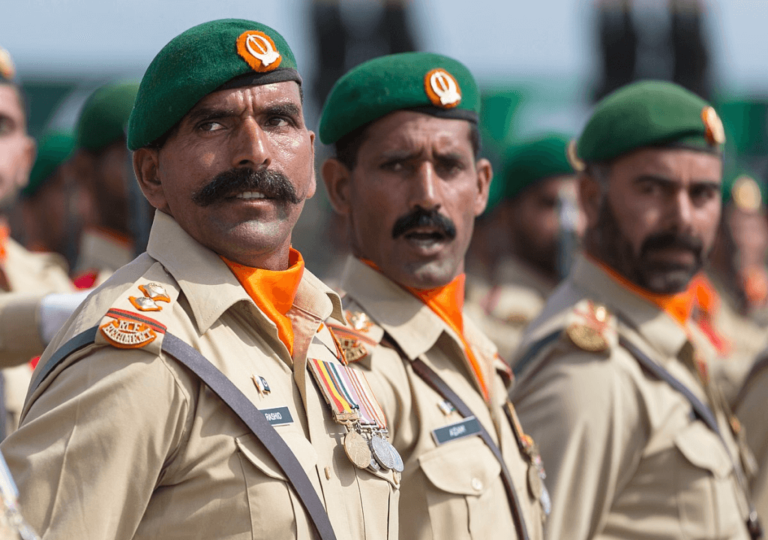
Pakistan faces rising extremism as Islamist factions gain influence, challenging modern governance and minority rights
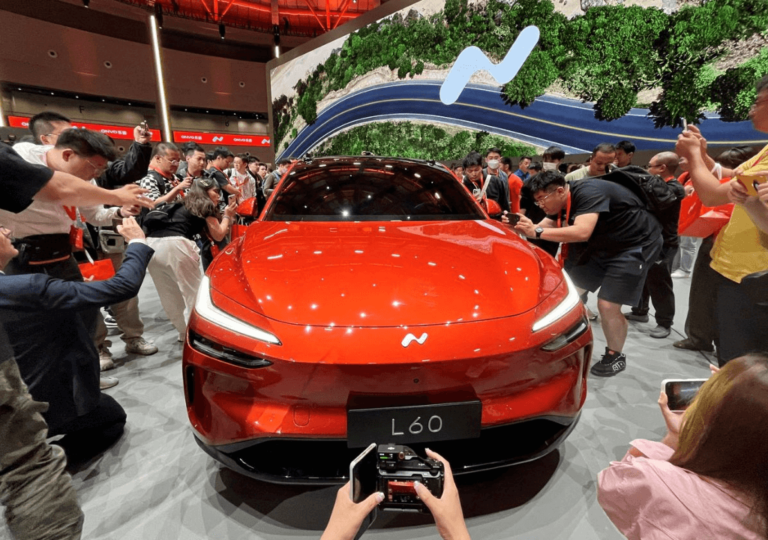
Europe takes action to shield its market from cheap Chinese products, prompting retaliatory investigations from China into European imports

In 2022, Alice Guo was elected as the new mayor of Bomaban, a town on Luzon, the Philippines largest and most populous island. Despite limited public information about her background, such as her birthplace or education, Guo defeated the Nationalist…
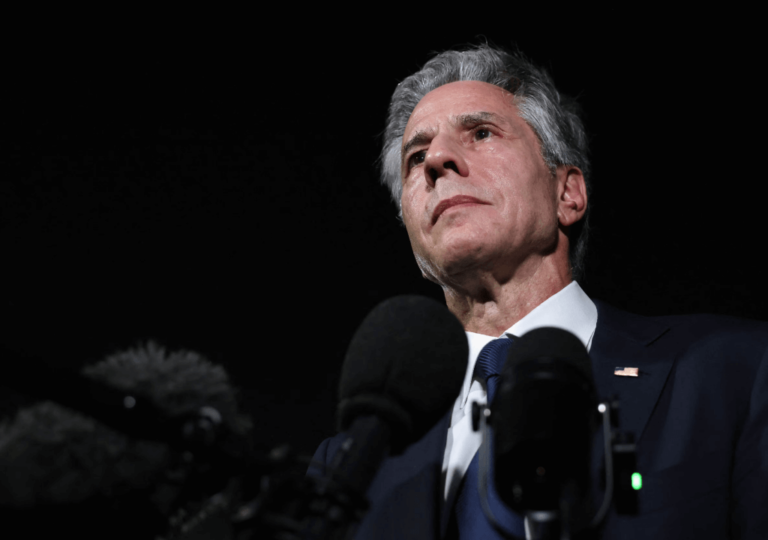
A U.S. ceasefire demand in the Israel-Hamas conflict faces resistance as humanitarian crises deepen in Gaza
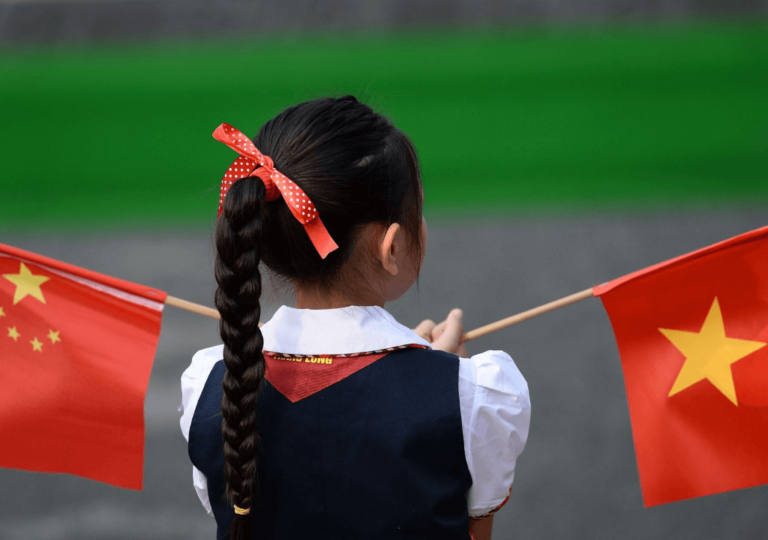
China and Vietnam are strengthening ties, with Vietnam's new leader prioritizing relations during his recent visit to China
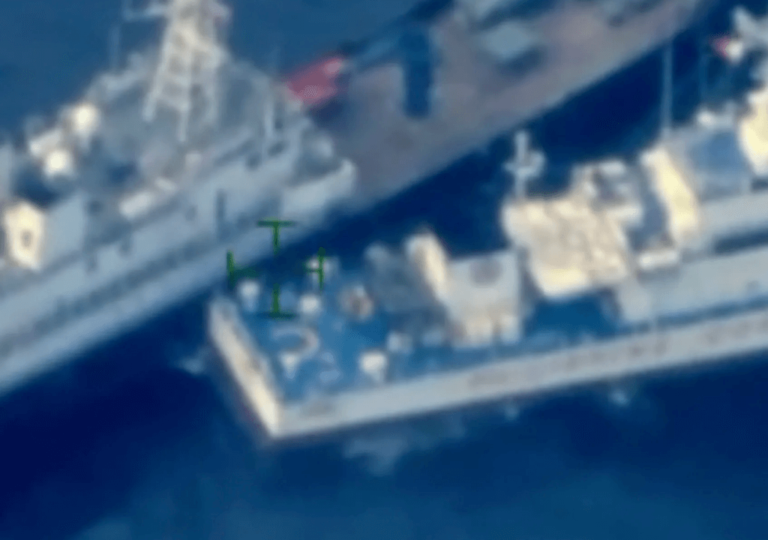
China and the Philippines clashed again in the South China Sea, with vessels colliding near the disputed Sabina Shoal
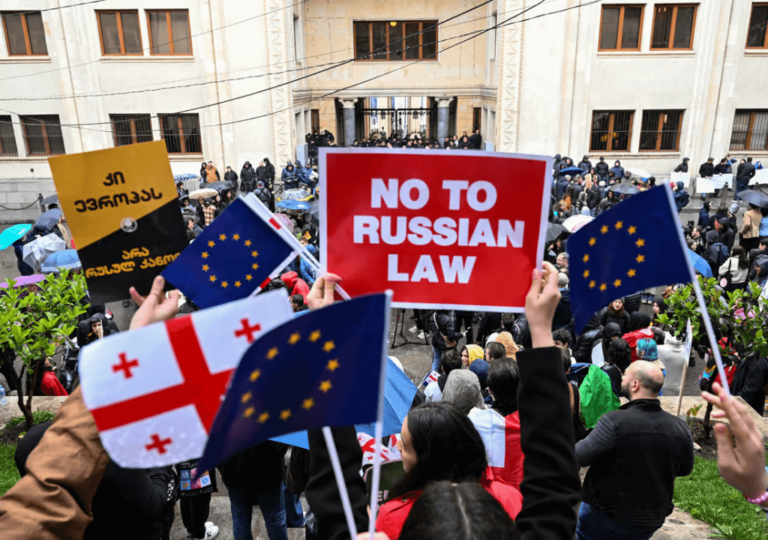
Georgia is accused of circumventing Western sanctions on Russia, jeopardizing its European aspirations despite protests against Russia
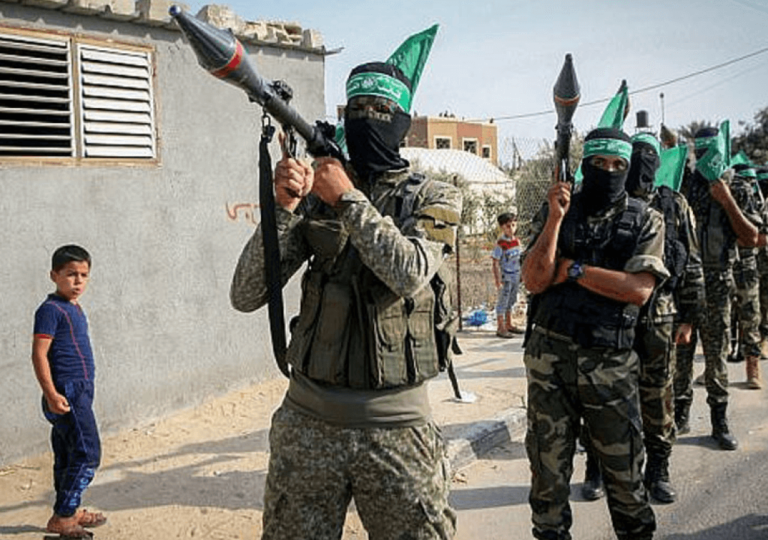
Gaza faces immense suffering, with a death toll nearing 40,000 amid ongoing conflict and humanitarian crises
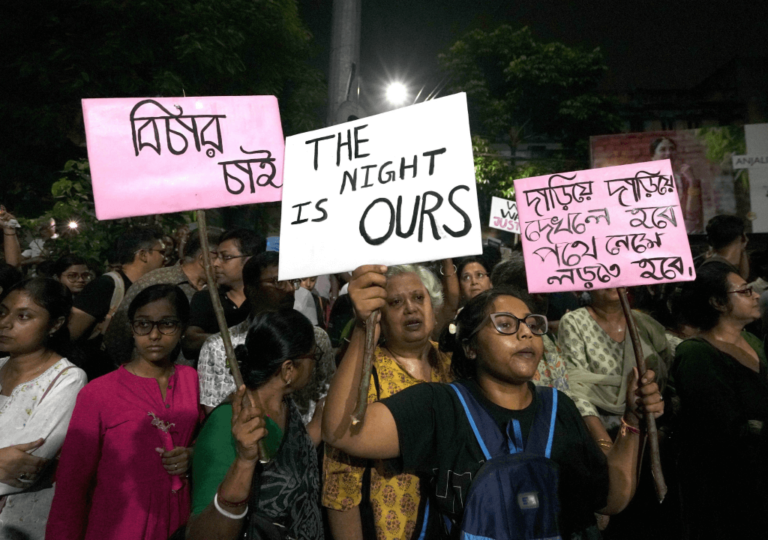
Protests in West Bengal intensify after the brutal rape and murder of a junior doctor, putting pressure on Mamata Banerjee's AITC-led state government.